Ootz’s recent comment raised the question:
-
should we be seriously looking at what the safe levels of CO2 in the atmosphere are for human beings?
That was in the context of an informed comment that we have not seen CO2 levels above 320 ppm for 27 million years, which predates hominid evolution. Studies indicate that 600 ppm globally, which is where we could be by 2050, might just render us extinct.
To jump to the chase, we don’t really know what the full effects of elevated CO2 will be, or indeed what they are now. However, indications are that as CO2 rises, our brains will work less well and we will become more limp and sluggish. A bit like a frog in a pot of water gradually being heated. Continue reading CO2 is scrambling our brains, but will it kill us all?

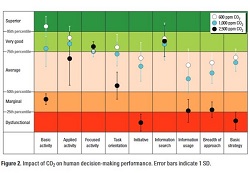


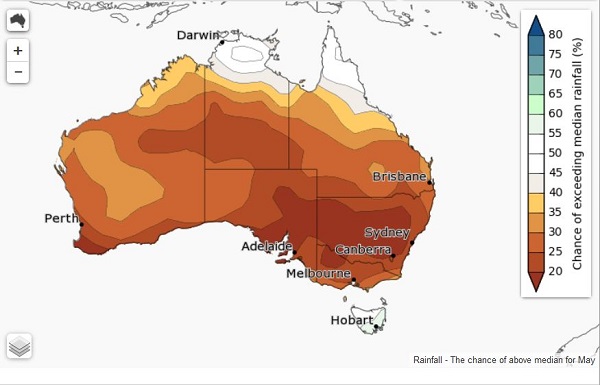
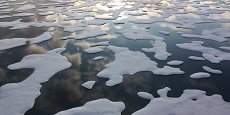
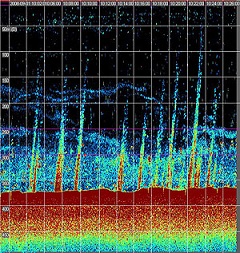
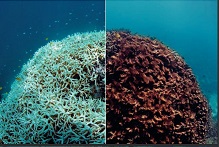 Back on 17 March, 2017 Joshua Robertson’s article in the Guardian
Back on 17 March, 2017 Joshua Robertson’s article in the Guardian 
